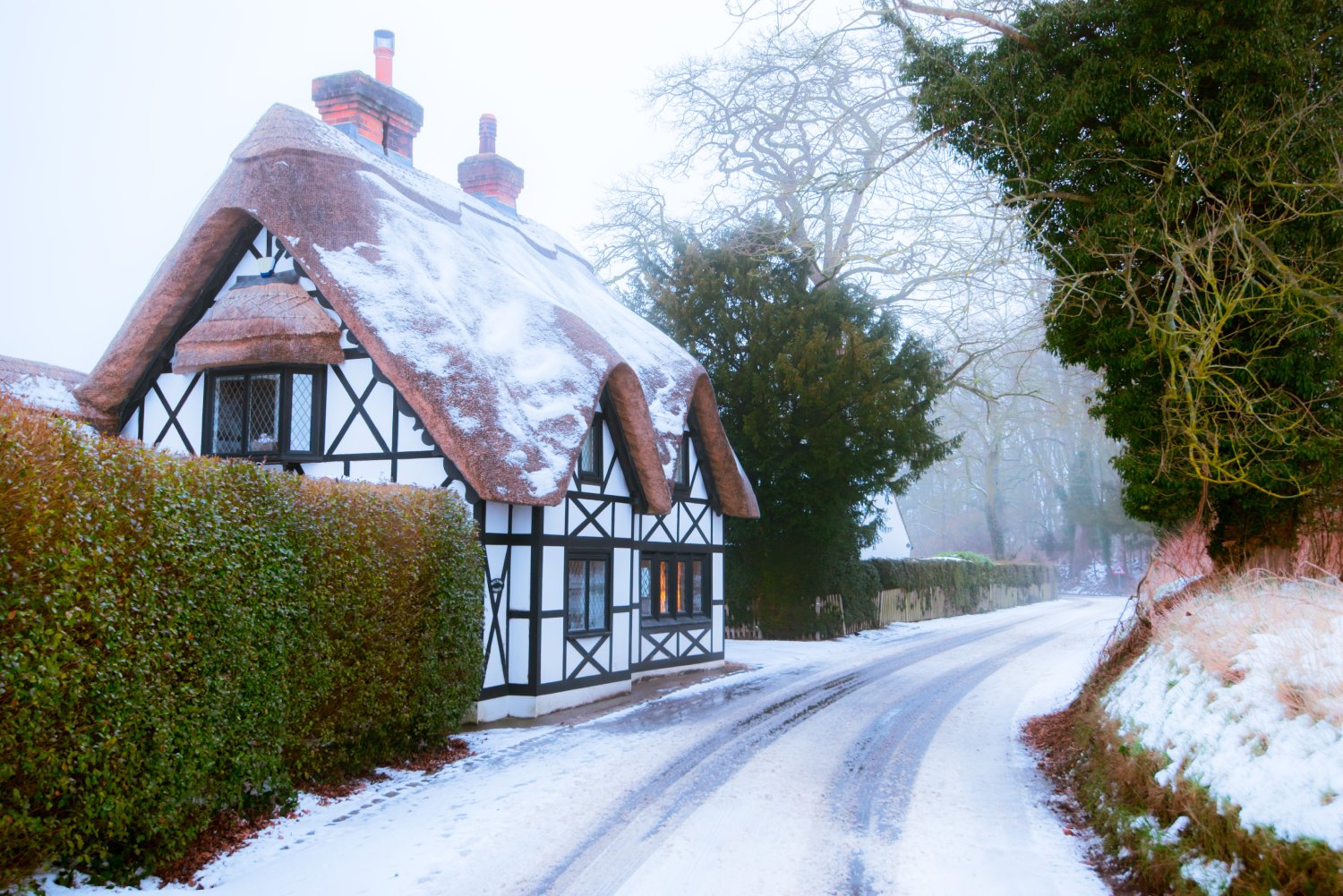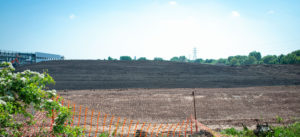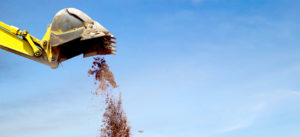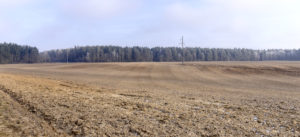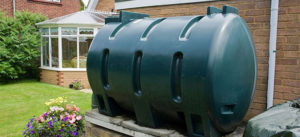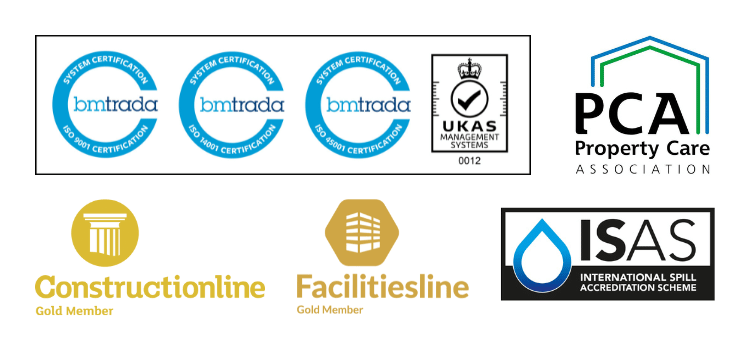With the winter coming and decreasing temperatures, it is better to be safe than sorry.
Before we realised, winter is around the corner and store shelves are full of Christmas decorations. To have a holly jolly Christmas, prepare your heating system to keep you and your family warm during the cold season.
It is essential to regularly inspect your oil central heating system, especially in the harsher winter months when it is most in use. Leaks from your heating system can cause serious damage to property, pollute the environment and be harmful to human health.
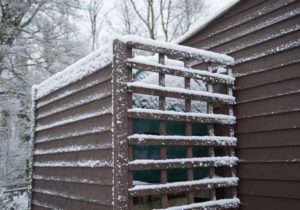
Here are some tips to keep in mind when inspecting your oil tank:
1. Check If Your Oil Tank Is Correctly Installed
The oil tank needs to be installed on a level surface on solid ground and must be fully supported under its width and length.
If you spot any cracks or if the oil tank is not level, it is time to call a plumber for a professional inspection.
2. Check Your Tank for Any Oil Leaks
Always look for the following things when inspecting your tank:
- Swollen or wet spots
- Oil smells
- Stains
- Wet, leaking, or rusting fittings
3. Check for Any Damage to Your Oil Tank
If you see dents or discolouration marks on your oil tank, this could be a sign of damage and it may need to be replaced. Damage can be caused by falling tree branches or collisions from flying debris during extremely windy weather. Check your tank after storms, bad weather, or snow to avoid any unpleasant surprises!
4. Trim Overgrown Vegetation
Make sure that no overgrown vegetation restricts access or makes it more difficult to spot damage to the tank. You should consider removing trees or loose branches that if hit by strong winds could damage the tank resulting in loss of oil.
5. Protect Your Tank and Lines
Providing shelter to the tank and preventing water and snow from sitting on top and freezing are useful precautions. Keep in mind that the weight of snow can damage the tank.
Moreover, you can take an extra containment measure and put in place a bund around your oil tank. A bunded oil tank as opposed to one that is single skin still requires maintenance but offers additional protection if the inner tank fails as the fuel is collected within the outer layer.
We can supply you with a well-designed bunded oil tank through our partner, Darcy.
Do not forget about the fuel lines! Wrap them with waterproof insulation to help prevent freezing and move exposed lines underground where the temperature is warmer.
6. Check Your Oil Tank to Be Securely Closed
A securely closed oil tank is vital for preventing water from entering the tank and maintaining the oil’s quality. Moreover, a tightly sealed lid prevents moisture, debris, and insects from entering the tank and minimises the evaporation risk of the oil.
7. Check the Oil Levels
You should monitor the oil level and if there is an unexpected drop or you find yourself refilling more frequently than usual then seek advice from a qualified engineer.
8. Have Your Boiler Checked Annually by an OFTEC Engineer
It is important to have your oil-fired boiler checked each year by an OFTEC Engineer to ensure that it works efficiently and to prevent breakdowns and leaks. Pipes, valves, flexible hoses, and other components should be also checked for wear and tear and weaknesses and immediately replaced in case there are any issues.
Keep your home warm and worry-free!

